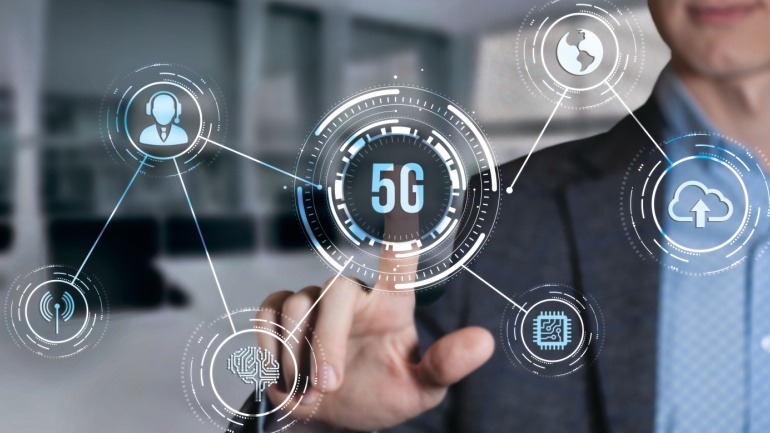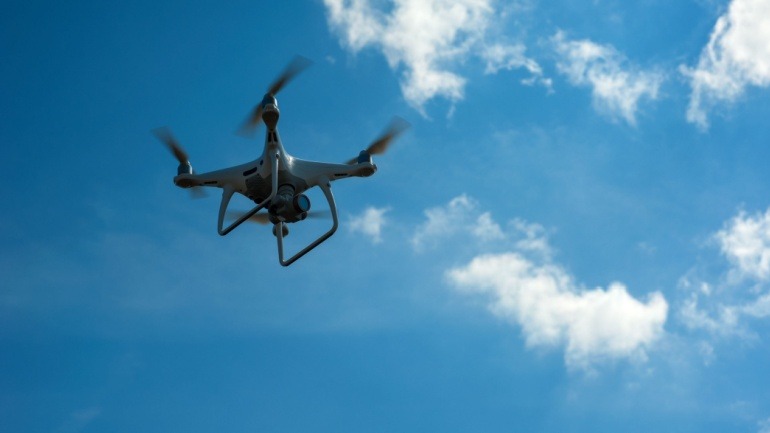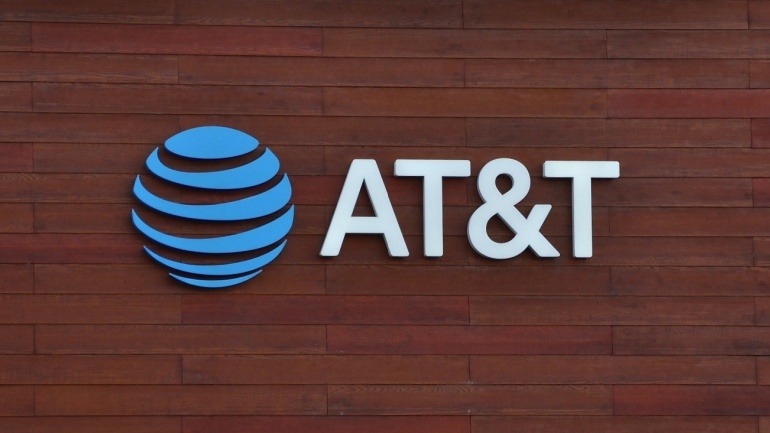MLGW is partnering with Nokia to launch the first private 5G standalone network for a U.S. utility, aiming to modernize its grid, boost efficiency, and improve service. This move reflects a growing trend in industrial 5G adoption, with enhanced automation, cybersecurity, and infrastructure integration paving the way for smarter utility operations.
SK Telecom propels AI into the future with its innovative AX 3.1 Lite model, optimizing mobile applications with its 7 billion parameter structure. Through open-source accessibility on Hugging Face, SK Telecom aims to revolutionize localized language processing.
Kenya is transforming digital connectivity in the Horn of Africa with a high-capacity fibre optic corridor on the Isiolo-Mandera route. Supported by World Bank funding, this initiative aims to enhance digital integration and connect underserved communities.
LG Uplus is teaming up with LG Electronics and LG CNS to boost data center cooling efficiency using AI and digital twin technologies. The pilot at Pyeongchon 2 aims to cut cooling energy by up to 10 percent, paving the way for smarter, more efficient operations across LG Uplus facilities.
Vodafone teamed up with Manna to test how mobile networks can support long-range drone deliveries. While Manna already operates successfully in Ireland and abroad, this collaboration aims to tackle air safety and regulatory hurdles for broader rollout.
Alibaba Cloud is accelerating its global expansion with new data centers in Malaysia and the Philippines and a $52.7 billion investment in infrastructure. The launch of its AI Global Competency Center in Singapore highlights its push to train talent and deploy AI across industries.
Google Fiber and Nokia are redefining home internet with network slicing, enabling dynamic prioritization of applications like gaming and video calls. This breakthrough could support emerging needs such as AI and VR while enhancing security through temporary slices for sensitive tasks.
Solis has partnered with DIDWW to enhance its global communication capabilities through advanced VoIP solutions. This collaboration supports Solis’ European expansion and reinforces its commitment to innovation and customer-centric service, while advancing its mission to deliver smart, sustainable energy solutions worldwide.
After criticizing AT&T for a conference call glitch, Donald Trump hinted at switching providers while promoting his new mobile venture. AT&T denied fault, citing a third-party platform. The timing is critical as the company faces scrutiny over past data breaches and ongoing lawsuits.













